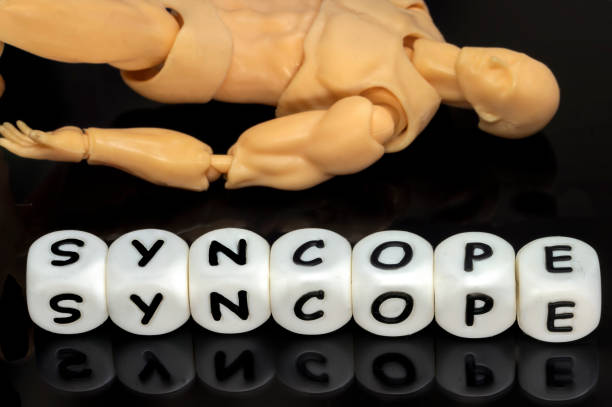Suddenly passed out - that can be a scary experience. Read here which signs can announce an impending syncope.
What is syncope?
"Syncopes" is the medical name for a short-term loss of consciousness. The vernacular usually speaks of fainting or a collapse. Fainting is usually triggered by an undersupply of the brain. That means: In the brain of the person concerned, there is not enough oxygen. The consequence? The spirit "switches off". How long a sudden fainting continues varies in individual cases. However, the collapse is predominantly accessible after a few seconds or minutes and with your senses.
Syncope is not uncommon: According to a study published in the Journal of the American Heart Association, around 40 percent of all people occur at least once in life.
What can a syncope cause?
First of all: there are different types of syncope. However, so-called neural conveyed syncope is most common, as neurocardiogenic syncope as well as vasovagal syncope in technical jargon. In this case, there is an overreaction of the nervous system. This in turn makes our blood pressure and pulse drop. The trigger is common:
- long-standing
- stress
- Noise
- fear
- Extreme heat and cold
- to have a scare
- Dehydration
Suddenly passed out: 3 signs of an impending syncope
It happens that fainting occurs without any signs. Most of the time, however, the unconsciousness announces a few minutes or seconds in advance. These 3 warning signs can be an indication of this:
1. Nausea
You feel suddenly occurring nausea - but are neither sick nor did you eat anything wrong? Many people who have ever experienced syncope report that they have felt severe nausea and discomfort beforehand.
2. Rapid heartbeat
Do you have the feeling that you have run a marathon? Strong papers up to a racing heart can also be a sign of a soon-to-be syncope.
3. Head pressure
Do you think your head bursts? This symptom can also be a harbinger of a fainting attack. Because: With a neurocardiogenic syncope, the brain lacks oxygen. This causes acute head pressure.
Note: In many cases, the signs of syncope in combination occur. If you have the feeling that you can tip over right away, you should quickly go horizontally and put your legs up as possible.
4. Dizziness
Another warning symptom of syncope is acute dizziness: suddenly you no longer know where up and down and feels dazed and disoriented. Sudden dizziness can indicate impending fainting. Lay on the sofa or - if you are not at home - steer the next possible seating and put your legs up. If necessary, ask another person for help.


Post a Comment